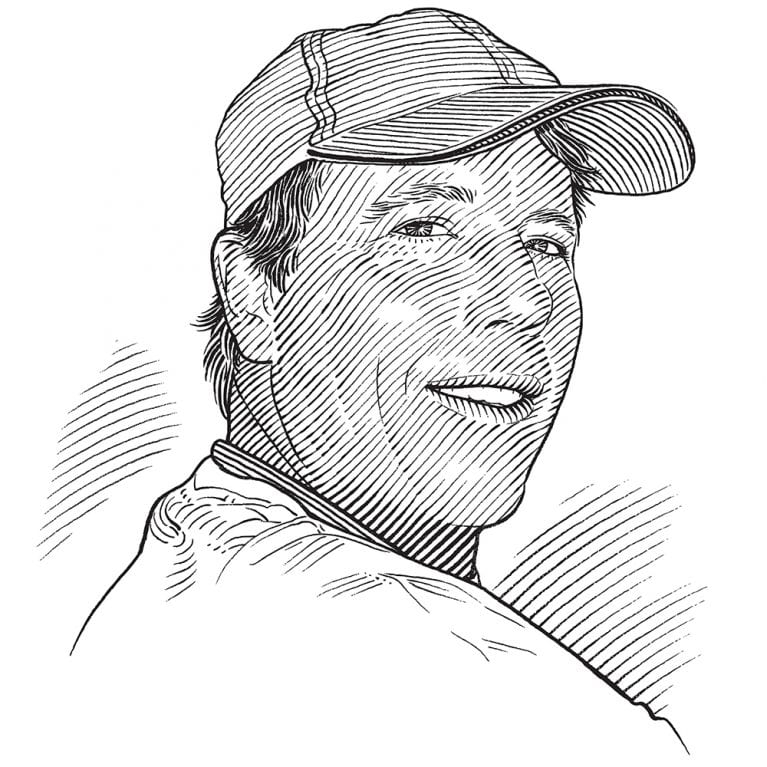Don Croll

Who I am
I am a professor in ecology and evolutionary biology at the University of California, Santa Cruz (UCSC), a co-founder of the conservation non-profit Island Conservation, a founding partner and the science director of the conservation for-profit Conservation Metrics, Inc., faculty director of the UCSC Natural Reserve System and a National Geographic Fellow. I have conducted conservation research on island ecosystems and marine vertebrates for more than 30 years. I received a BSc in biology from the University of California, Davis, an MSc in marine sciences from Moss Landing Marine Laboratories and a PhD in marine biology from Scripps Institution of oceanography.
As a professor, I’ve been dedicated to developing research programmes, courses and graduate training necessary for direct conservation action. In 2006 I led a unique coalition of academics, conservationists, politicians and fishermen that resulted in the US Pacific Fishery Management Council adopting a ban on commercial fishing for krill in federal waters in recognition of its vital importance to marine food webs. I have trained more than 600 undergraduates in marine conservation, conservation biology and field methods in conservation, and together with my conservation partner, Bernie Tershy, I have trained 17 graduates and post-docs who have gone on to significant positions in conservation and resource management.
Where I work
My work covers marine and terrestrial species and systems from Alaska to Monterey Bay to Baja California Sur. For three decades I have been working in Baja California Sur and the Sea of Cortez. Based mainly on the tiny island of Isla El Pardito, I have overseen a research programme focusing on the ecology and conservation of sea turtles, whales and manta rays, as well as the ecosystems that support them. This island and the others near it in Baja California Sur harbour a wealth of biological diversity and robust fisheries and are a particularly valuable setting for understanding elasmobranch ecology and conservation.
What I do
The Conservation ActionLab at UCSC brings science and action together to solve conservation problems. Using science, we identify and prioritise conservation problems. We then work with agencies and NGOs to develop and test cost-effective solutions that can be taken to scale. Much of our work has focused on seabirds and island ecosystems, but we will apply our approach to any ecosystem where it can make a profound difference.
